What If Our Consciousness Shapes the Fabric of Reality?
Category: Science
Date: 5 months ago
Views: 525
Introduction
Welcome to a thought-provoking exploration at the intersection of quantum mechanics and our everyday experience. In this article, we'll delve into a fascinating theory that challenges traditional boundaries between the microscopic and macroscopic worlds. By extending the principles of quantum mechanics beyond the realm of tiny particles, we open the door to intriguing possibilities about the nature of reality and our role within it.
Quantum Superposition in the Microscopic World
Before we delve into the potential extension of quantum principles to the macroscopic realm, let's first establish a foundation by exploring the concept of quantum superposition in the microscopic world. In quantum mechanics, superposition refers to the remarkable ability of particles to exist in multiple states simultaneously until observed. This phenomenon challenges our classical intuition, revealing the inherent probabilistic nature of the quantum realm.
Experimental evidence supporting the concept of superposition and the wave function has been robustly documented. Notable experiments include the famous double-slit experiment, where particles exhibit wave-like behavior and interfere with themselves when not observed. Additionally, experiments involving quantum entanglement demonstrate how the state of one particle can be instantly correlated with the state of another, even when separated by vast distances, further emphasizing the non-local and interconnected nature of quantum systems.
Quantum Superposition in the Macroscopic World
Expanding our inquiry from the microscopic to the macroscopic realm leads us to question whether the peculiar phenomena observed in quantum mechanics, such as superposition, could extend to larger, everyday objects. This thought-provoking notion challenges our classical understanding of physics and invites us to consider the boundaries of quantum principles.
While traditionally confined to the realm of subatomic particles, the concept of superposition posits that an object can exist in multiple states simultaneously until observed. In the macroscopic world, where classical physics typically reigns, this idea may seem far-fetched. However, certain theoretical frameworks suggest that under specific conditions, macroscopic superposition could indeed occur.
Imagine a scenario where an object's state is not definitively determined until observed, akin to Schrödinger's famous thought experiment with the hypothetical cat. This hypothetical situation challenges our intuition about the nature of reality and prompts us to reconsider our understanding of quantum mechanics.
While experimental evidence of macroscopic superposition remains elusive, ongoing research in fields such as quantum computing and quantum optics continues to push the boundaries of our understanding. Exploring the possibility of macroscopic superposition opens new avenues for theoretical inquiry and could ultimately reshape our understanding of the universe at large.
Consciousness and Decision-Making
What if our Consciousness has an impact on reality in ways we have yet to fully comprehend? This intriguing question lies at the heart of our exploration into the relationship between consciousness and quantum mechanics. As we contemplate the potential existence of macroscopic superposition and its implications for the nature of reality, the role of consciousness in shaping our experience becomes a compelling focal point.
Delving deeper into this notion unveils a fascinating proposition: that our conscious awareness may play a pivotal role in determining the outcome of quantum events. According to certain interpretations of quantum mechanics, such as the Copenhagen interpretation, the act of observation by a conscious observer is intricately linked to the collapse of the wave function.
In essence, the collapse of the wave function from a superposition of states to a single observable state is believed to occur only when observed by a conscious entity. This implies that our decisions, observations, and conscious experiences could actively influence the unfolding of reality, shaping the probabilities inherent in quantum events.
Imagine the profound implications of this hypothesis: every choice we make, every observation we undertake, could potentially have a tangible impact on the fabric of reality itself. Our consciousness, once thought to be a passive observer of the world, emerges as an active participant in the creation of our perceived reality.
However, it's crucial to approach this topic with a balanced perspective, acknowledging the complexities and nuances inherent in the relationship between consciousness and quantum mechanics. While some proponents advocate for a direct connection between consciousness and the collapse of the wave function, others maintain a more cautious stance, emphasizing the need for empirical evidence and further theoretical refinement.
Nevertheless, the exploration of consciousness and its potential influence on reality offers a captivating journey into the depths of human experience and the mysteries of existence. By grappling with these profound questions, we not only expand our understanding of the fundamental nature of reality but also deepen our appreciation for the intricate interplay between consciousness and the universe.
Implications and Applications
Delving into the relationship between quantum mechanics and consciousness unveils a multitude of intriguing implications that span a wide array of disciplines. Let's explore some of the profound implications and potential applications stemming from this intersection:
1. Philosophical Inquiries:
At its core, the connection between quantum mechanics and consciousness raises profound philosophical questions about the nature of reality, free will, and the role of observers in shaping the universe. By contemplating the implications of consciousness on quantum events, we are prompted to reevaluate fundamental concepts such as determinism, causality, and the nature of existence itself.
2. Understanding Consciousness:
Examining the influence of consciousness on quantum phenomena offers insights into the nature of consciousness itself. By exploring how conscious observation may impact the behavior of quantum systems, we gain a deeper understanding of the enigmatic nature of consciousness and its relationship to the physical world.
3. Quantum Computing and Technology:
The insights gained from studying the interaction between quantum mechanics and consciousness have the potential to revolutionize fields such as quantum computing and technology. By harnessing the principles of quantum mechanics and understanding the role of consciousness in shaping quantum phenomena, we may unlock new avenues for developing advanced quantum technologies with unprecedented capabilities.
4. Psychological and Neuroscientific Studies:
Exploring the connection between consciousness and quantum mechanics offers valuable insights for psychological and neuroscientific studies. By investigating how conscious awareness influences perception, decision-making, and cognitive processes at the quantum level, researchers may gain new perspectives on human consciousness and behavior.
5. Spiritual and Metaphysical Perspectives:
For many, the intersection of quantum mechanics and consciousness transcends scientific inquiry and enters the realm of spirituality and metaphysics. Beyond the equations and theories, the notion that consciousness plays a fundamental role in shaping reality speaks to something profound—the power of the Creator, God. This perspective resonates deeply with spiritual and mystical traditions, prompting contemplation on the interconnectedness of all things and the divine nature of the universe. The recognition that our consciousness may have a hand in shaping the fabric of reality reflects a belief in a higher power, suggesting that our existence is imbued with purpose and meaning beyond the purely material realm.
The implications of consciousness influencing quantum mechanics raise profound philosophical and ethical questions. Debates surrounding free will, determinism, and the nature of reality intersect with broader discussions about the role of science in understanding the human experience.
The implications and applications stemming from the relationship between quantum mechanics and consciousness are vast and far-reaching. By exploring this interdisciplinary frontier, we not only expand our understanding of the universe but also open doors to new possibilities that may fundamentally transform how we perceive and interact with the world around us.
A brave new world
In conclusion, the exploration of the relationship between quantum mechanics and consciousness opens a door to a realm of profound inquiry and speculation. While the notion of consciousness influencing quantum events sparks fascination and curiosity, it also faces scrutiny and skepticism from scientific and philosophical perspectives.
As we navigate this interdisciplinary frontier, it's essential to approach the subject with both an open mind and a critical eye. Rigorous empirical research, careful theoretical examination, and respectful dialogue are paramount in advancing our understanding of this complex and enigmatic intersection.
Ultimately, whether consciousness holds sway over the quantum realm or not, the journey of exploration itself is a testament to the human spirit of inquiry and curiosity. By delving into the mysteries of consciousness and quantum mechanics, we not only expand the boundaries of scientific knowledge but also deepen our appreciation for the profound interconnectedness of all things.

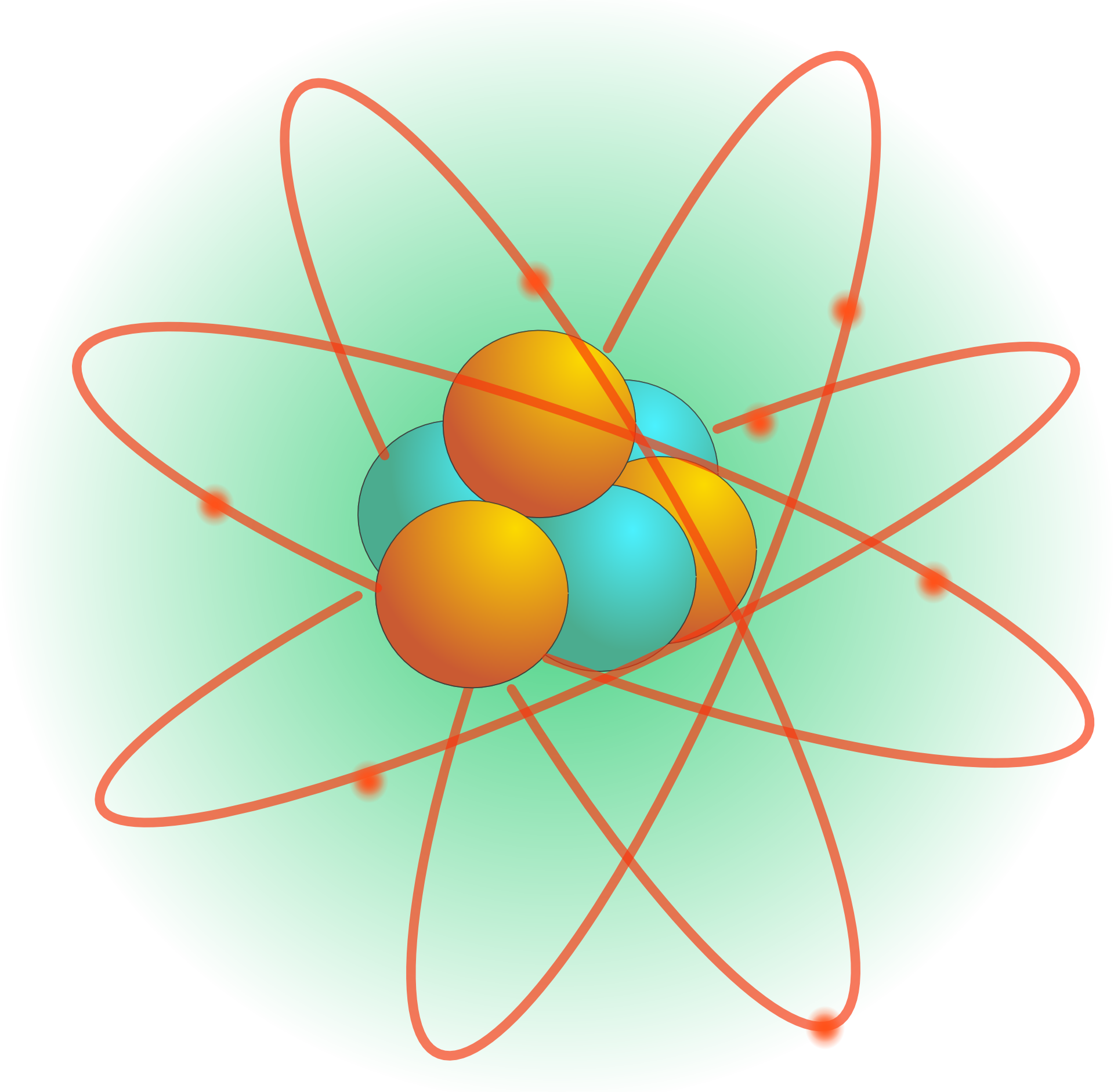
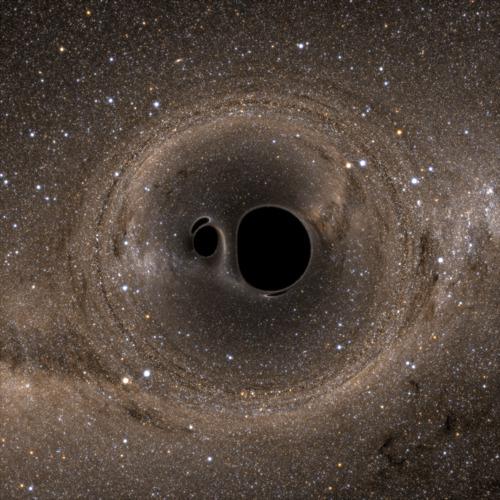
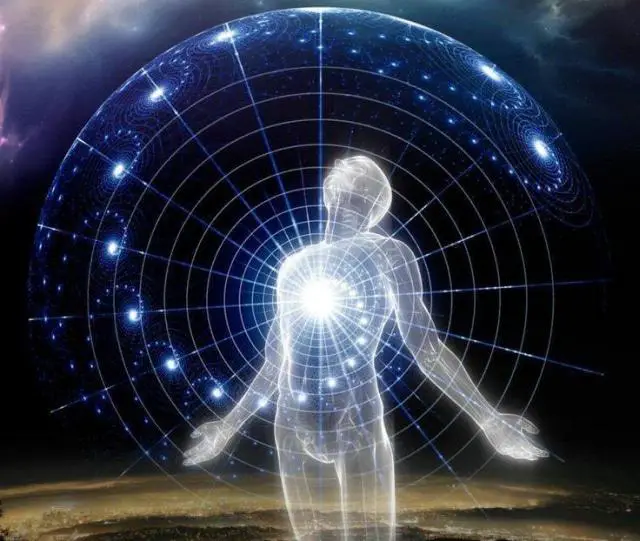
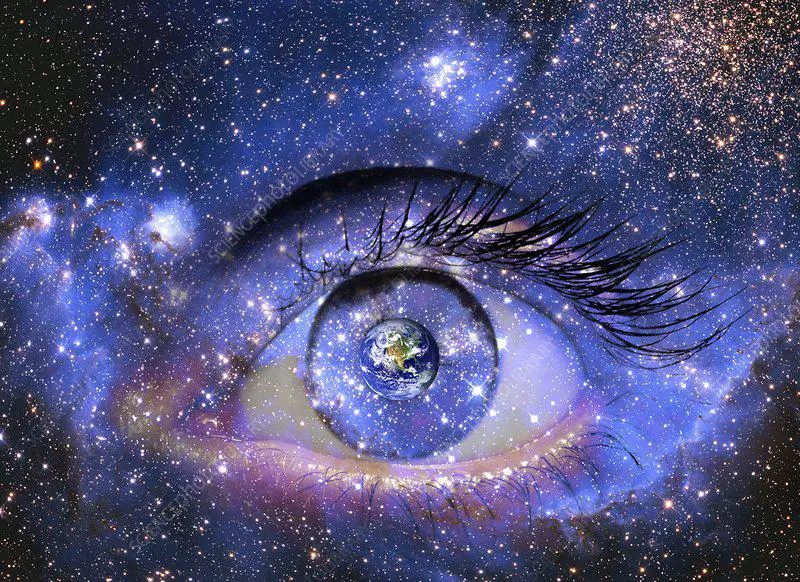
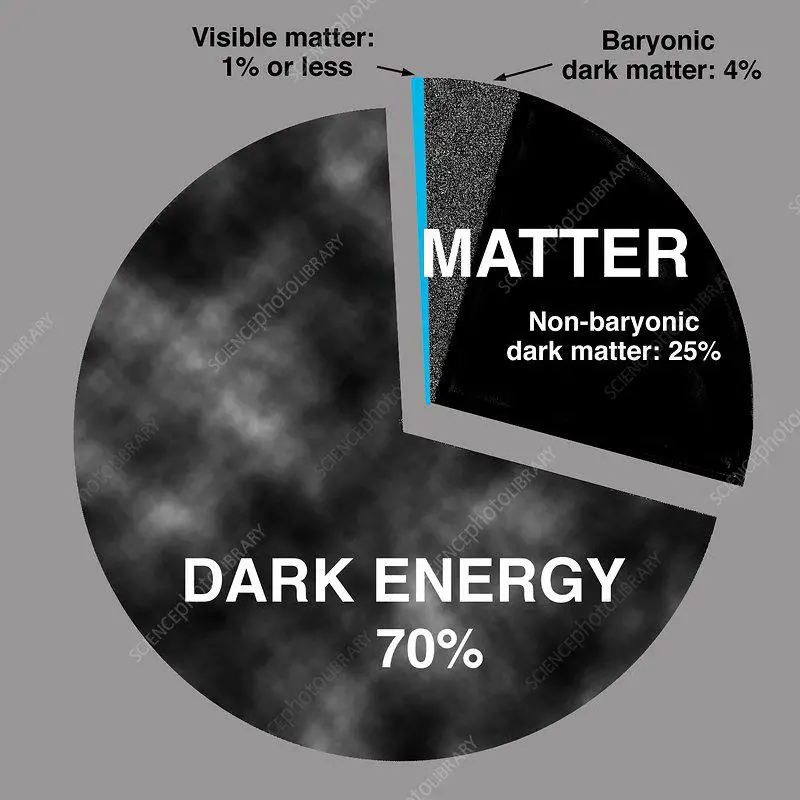
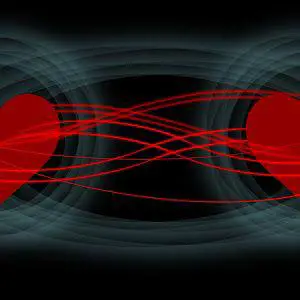














0 Comments, latest
No comments.